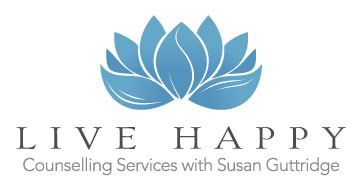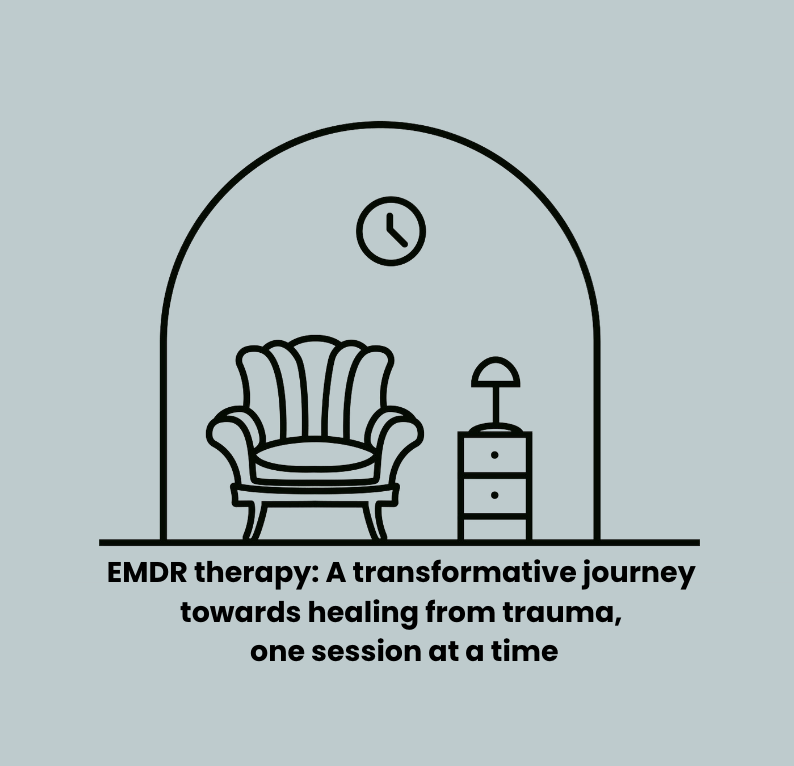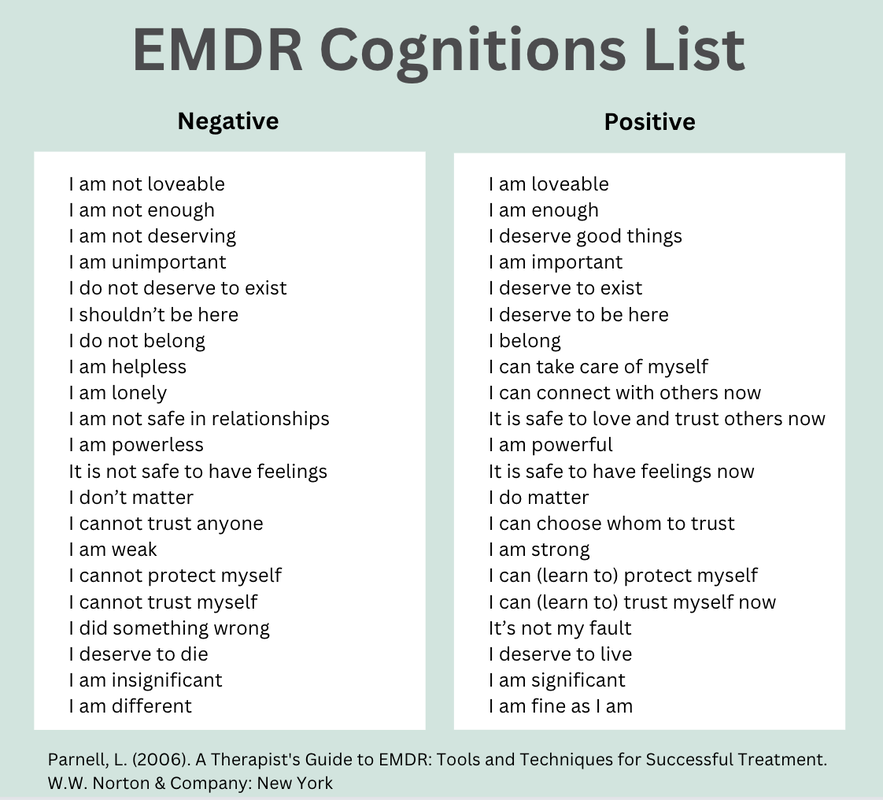|
First sessions are all about building rapport and understanding what you are wanting from your counselling experience. If it turns out that you are interested in EMDR, then what I'll share during this article may be of interest to you! Please know that no therapy is one size fits all. There are many layers and approaches in counselling psychology and to the complex experiences people have. This information is intended to introduce you to EMDR therapy to inform your expectations prior to starting counselling. First EMDR Session: Building Trust and UnderstandingThe initial session of EMDR therapy focuses on building a strong therapeutic alliance between you and your therapist. Therapeutic alliance refers to the collaborative and trusting relationship between counsellor and client. A strong therapeutic alliance facilitates open and honest communication and ensures clients feel safe, supported, and understood, which in turn enhances the therapeutic process and outcomes. First Sessions May Look Like:History gathering: Exploring your background, any trauma experiences, and past and current symptoms. Sometimes, a symptom checklist is included (such as the PCL-5 for exploring symptoms of post-traumatic stress or the HADS for exploring symptoms of anxiety and depression). This information is important as it ensures your counselling experience is tailored to your specific needs and goals - you are in charge of sharing what feels comfortable to you. All of this information informs your therapist's case conceptualization: their understanding of your history, presenting issues, and trauma experiences you've gone through. It includes your emotional, cognitive, and somatic responses to trauma and potential challenges that may arise during the process of therapy. This detailed understanding is used to formulate a tailored approach to address your unique needs and goals. Discussion of EMDR: Your therapist will talk about the process of EMDR, how it can help, and how it can be used for both building emotion regulation skills and trauma processing. This is a great opportunity to ask questions and have a demonstration of bilateral stimulation. Establishing Safety: Feeling safe, heard, and comfortable with your therapist and within the therapeutic environment is crucial. I strive to provide a rationale for all the therapeutic approaches I use, maintain transparency with the questions I ask, and build in emotion regulation to better ensure you are prepared for future sessions. Treatment Plan: Lastly, you and your therapist will collaboratively develop a treatment plan that focuses on your goals and needs for counselling - this sets the stage for what to expect during each session. It's important to note here that life happens: while we may have a treatment plan, we can work with it flexibly if life throws you something unexpected. Your sessions are yours; therefore, your therapist might start each session by exploring anything that may have changed for you since the previous session and what you feel is important to focus on. EMDR SessionsOnce the foundation is laid in the initial session, subsequent EMDR sessions typically follow a structured process that includes the following phases: Preparation: Before delving into trauma processing, we will work on enhancing your emotion regulation skills. This phase ensures that you are equipped to handle the intense emotions that may arise during EMDR. Your therapist might teach you about the window of tolerance concept, introduce an emotions-sensations vocabulary, and describe the rating scales EMDR therapy utilizes. For example, the Subjective Units of Distress Scale (SUDS) is a self-report measurement tool used to quantify a person's emotional distress or discomfort level in response to a specific trigger or memory. It uses a 0 to 10 range, where 0 represents no distress, and 10 signifies the highest level of distress imaginable. It helps in deepening emotional and somatic awareness and tracking changes in your emotional state during sessions and over time, thus guiding the pacing of EMDR. Assessment and Desensitization: This is the heart of EMDR therapy, where we collaboratively choose a starting point and work on trauma processing. Your therapist will be your steady guide during reprocessing memories, utilizing bilateral stimulation (eye movements, sounds, or tactile sensations using the Thera-tap device), working towards desensitizing the emotional charge associated with them. During the assessment phase, you and your therapist will explore the negative self-perceptions (negative cognitions) entwined with distressing memories. These perceptions often result from one's assumptive beliefs being impacted as a result of difficult experiences. They can come to be deeply anchored in one's sense of self, making them tenaciously resistant to change. The process of letting go of these narratives can feel like venturing into uncharted territory, which can be unsettling at first. However, once a core negative belief is brought to light, your therapist will support you by gently untangling from it through connection with a positive belief, essentially rewiring the brain's pathways to embrace a more compassionate and empowering self-view. This approach fosters healing and enriches your relationship with self, opening up new possibilities for personal growth and transformation. Installation: As the emotional distress linked to the traumatic memories decreases, you'll work on installing positive beliefs and self-perceptions to replace the negative ones. Body Scan and Closure: During this ending phase, your therapist may guide a brief body scan to address any lingering physical sensations related to the distressing memory to ensure you are grounded and connected to present-moment safety. You can debrief the session and discuss home practice suggestions for emotion regulation strategies, resourcing imagery, and positive cognitions developed during your session. Reevaluation: The subsequent session typically begins with a re-evaluation of what was previously worked on. It's a way of assessing progress to see if additional work is needed on memory to further you in moving towards your goals. A Key Feature of EMDR: Tracking the Felt Sense of EmotionOne significant difference between EMDR therapy and traditional talk therapy is how they approach the tracking of the felt sense of emotion. In traditional talk therapy, clients often describe their emotions verbally, sharing their thoughts and feelings with their therapist through conversation. In contrast, EMDR therapy places a strong emphasis on tracking the felt sense of emotion. In EMDR, you will be encouraged and guided in connecting with the bodily sensations and emotions you experience while revisiting traumatic memories. This non-verbal tracking allows for a deeper exploration of emotional experiences, which can lead to profound insights and healing. I hope you have found this outline informative. Please know that EMDR is a highly individualized approach, with many different protocols for different experiences, all of which are tailored to your unique needs and experiences. And, in life, progress may not always be linear; it's normal to have ups and downs throughout the therapy process. The key is having a trusting therapeutic alliance where we can discuss these ups and downs and continually modify your treatment plan to ensure your needs for therapy are met. Patience and self-compassion are key. Healing from trauma takes time, and EMDR is a tool that can help facilitate that process.
0 Comments
Your comment will be posted after it is approved.
Leave a Reply. |
AuthorSusan Guttridge is a trauma-informed Master level Counsellor with the clinical designation of Canadian Certified Counsellor (CCPA). She has 20+ years experience providing individual and group therapy. Archives
January 2024
Categories
All
|



 RSS Feed
RSS Feed